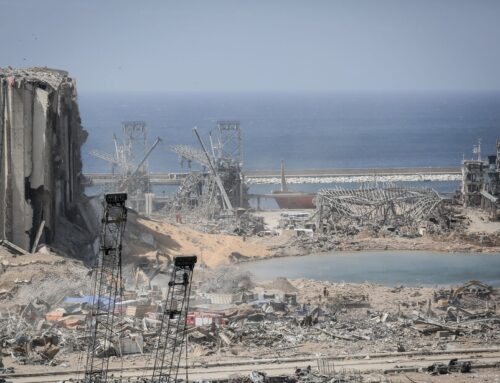lng
Autor foto: Domena publiczna

The political significance of LNG terminals
April 4, 2014
Author: Mariusz Ruszel




lng
Autor foto: Domena publiczna
The political significance of LNG terminals
Author: Mariusz Ruszel
Published: April 4, 2014
The Russia-Ukraine conflict has once again become a catalyst for action concerning Europe’s energy independence. Previous conflicts in 2006 and 2009 prompted the European Union to take decisions related to the development of energy infrastructure, where LNG terminals are playing a strategic role. The current conflict between Russia and Ukraine justifies the need for further efforts to enable the diversification of gas supplies to Europe, and to create instruments of EU energy solidarity.
In the current issue of the “Pulaski Policy Papers” Reseach Fellow at the Casimir Pulaski Foundation Dr. Mariusz Ruszel analyses the political significance of LNG terminals. “From the point of view of the strategic objectives of national energy policy, possession of
an LNG terminal is essential. In the case of exporting countries, the construction of an installation for liquefied natural gas exports increases substantially the possibilities of diversification of supply and independence from natural gas consumers, compared to the gas pipeline transport. Terminals provide a similar benefit to recipients in relation to suppliers, particularly in view of the growing importance of the LNG spot market.”





